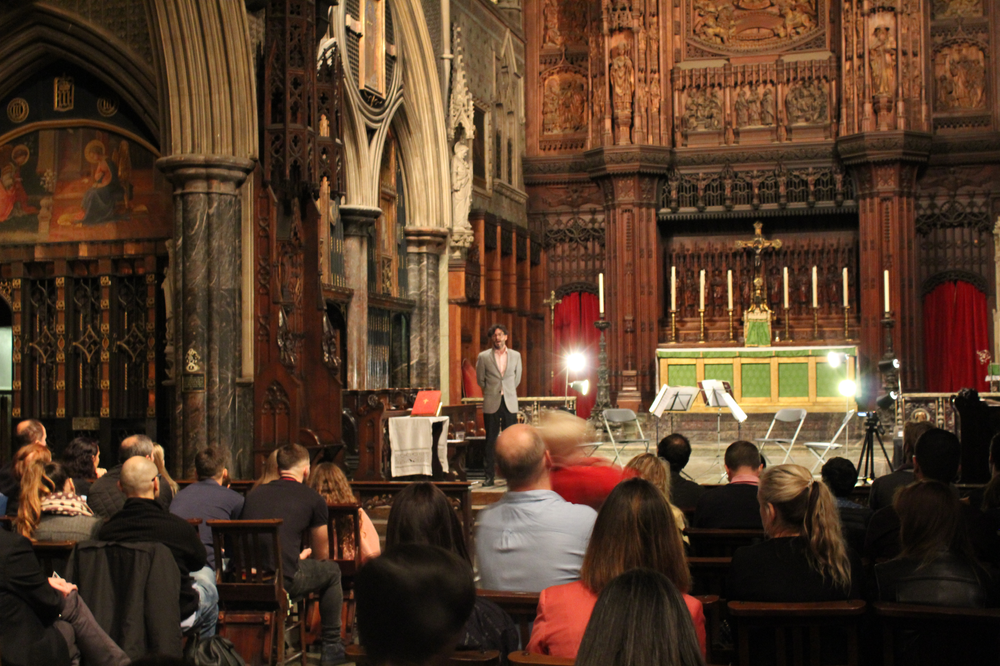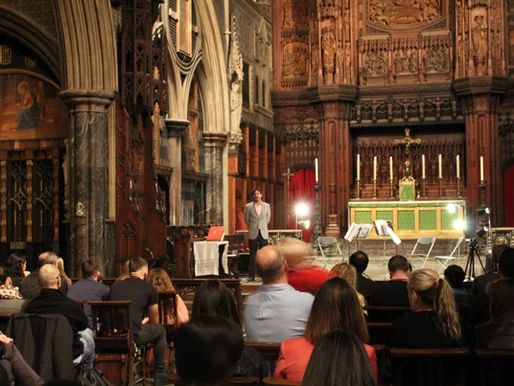Piano Lessons, Uncategorized
Teaching Piano lessons in London in a truly structured and motivating way
When preparing a piece, we experiment something fascinating; we see how the music begins to exist within ourselves. This process goes through different steps.

SECTION IDENTIFICATION
The first step is to understand how the piece “sits” on its frame. The later is achieved by analyzing the structure of the music and understanding: 1) which are its main sections; 2) their length; 3) their inner structure. To perform this mapping of the piece, we need to agree on using a specific code. I recommend the book by Caplin “Classical forms”. In that work, Caplin offers a clear account of the different features and structures you will find in pieces from the XVIII century. This map will help you keep your track during your performance. Acknowledging the real “big” plot that exists underneath the sequence of passages and melodic challenges proposed by the piece, you can always find your way back into the flow.
MUSICAL SYNTAX
Once you have spotted the piece’s section’s, then you are ready for the next step: analyzing each section itself. Again the book by Caplin will become an excellent consultation material and tool. The idea is to try and absorb the essence of each element. Mainly to help your memory and remember the size and characteristics of each musical object to reproduce. You can also create your code -in as far as it is clear and consistent through your analysis. For example, Haydn tends to use repetitions quite a lot. These repetitions -generally varied and transposed- tend to strengthen the structure of the piece.
TONE QUALITY
Once you’ve understood the piece’s structure, then it is time to define your tone.
Many different variables define the tone. We can name “note overlapping/legato”, “percussive characteristics”, “intensity” amongst many others “dynamic ratio”.
The tone you choose will have an impact on the tempo of the piece and also on your expression choices.
Once we have finished working on these three main elements, then we can start feeling this sense of control we gained over the entire work. If we have done our job correctly, we will begin to think that we can play the piece almost “automatically”. Then is when we can start exploring how comfortable we physically experience the performance of the work.
When I deliver piano lessons, I tend to make a particular emphasis on how important it is to feel “well” while we play. The right “fingering” is the one that allows you to play confidently and feeling at ease. If a particular “fingering” is uncomfortable, then, something must be wrong about it.
Piano lessons in London tend to focus too much on sight-reading and those aspects of the learning process which strictly related to passing the grade exams. Grade examinations represent an essential motivation for London parents towards supporting their children musical studies. Nevertheless, we should never forget the principal purpose of our job: teaching children to love and master music. In that sense, we should also teach our piano students in London how to enjoy the process of learning a musical piece.
WE NEED TO TEACH PIANO STUDENTS IN LONDON HOW TO LOVE THE PROCESS OF LEARNING A PIECE
The latter might be one of the most difficult challenges in the life of a piano teacher. Unvealing the mysteries of music to our students might not always result in instant advocation to studying. We need to help them see how much fun each part of the process can be.
At the beginning of this article, I started speaking about the three main elements and steps in the process of consolidating the learning of a piece. Each one of them offers a world of discovery in themselves. It is our duty as piano teachers to show these educational opportunities. We should motivate them towards experimenting and making artistic decisions about them.
We hope you enjoy with our way of understanding music tuition. Learn more about our piano pedagogy meetings and with our essay on our essential question: Shall music be compulsory?

